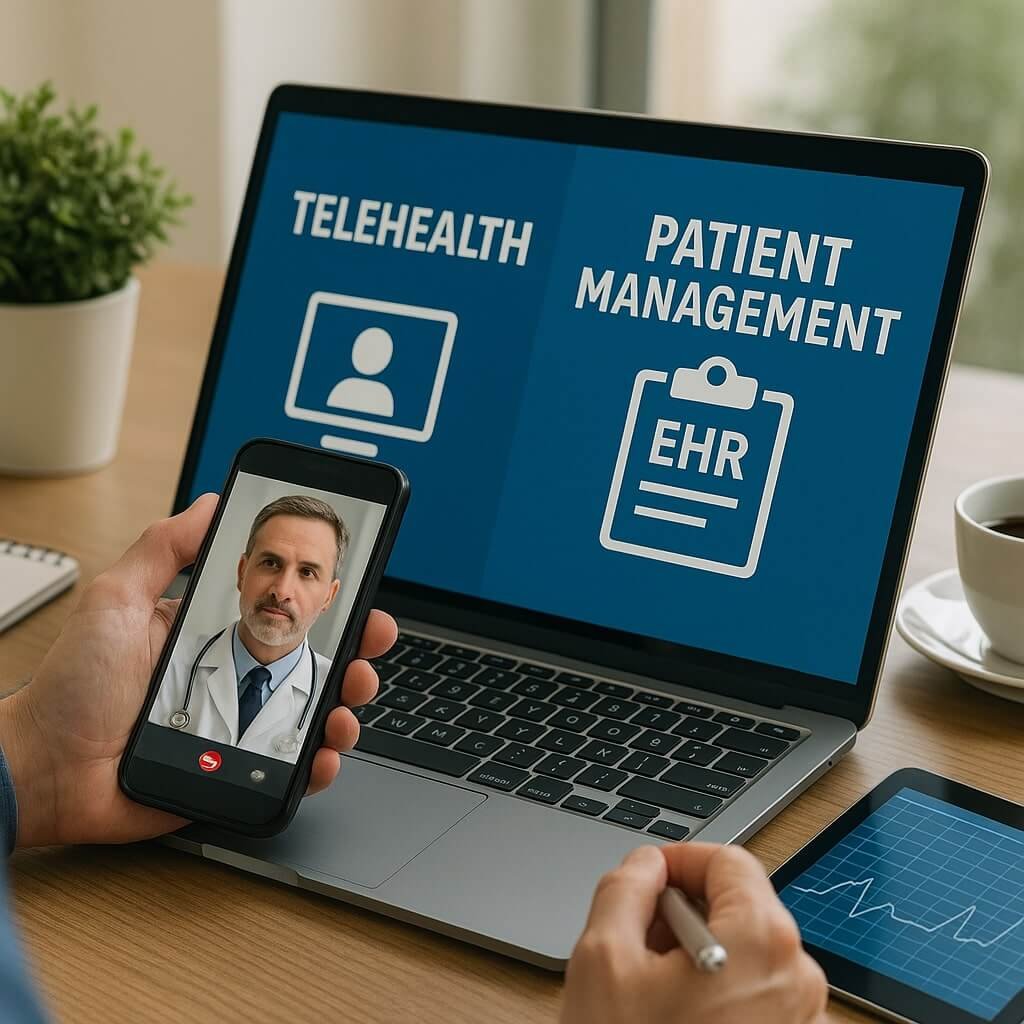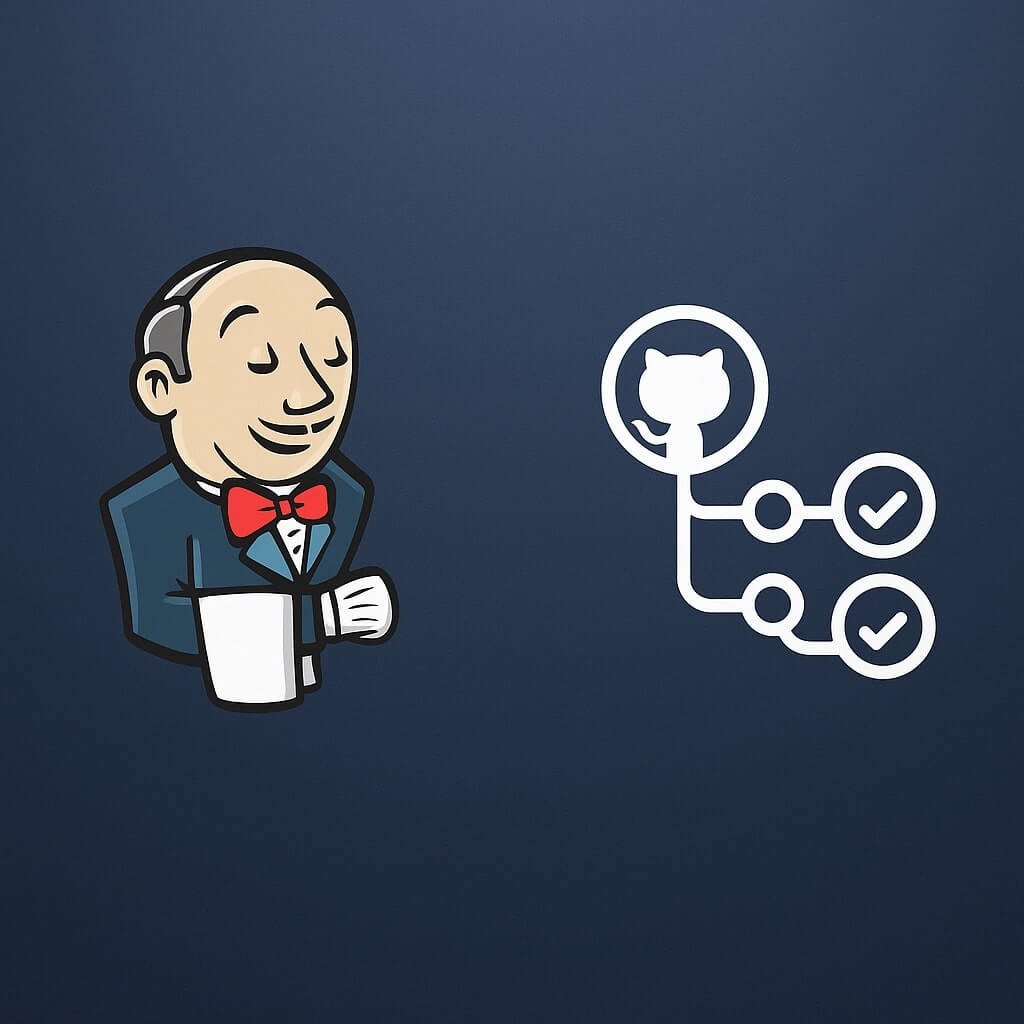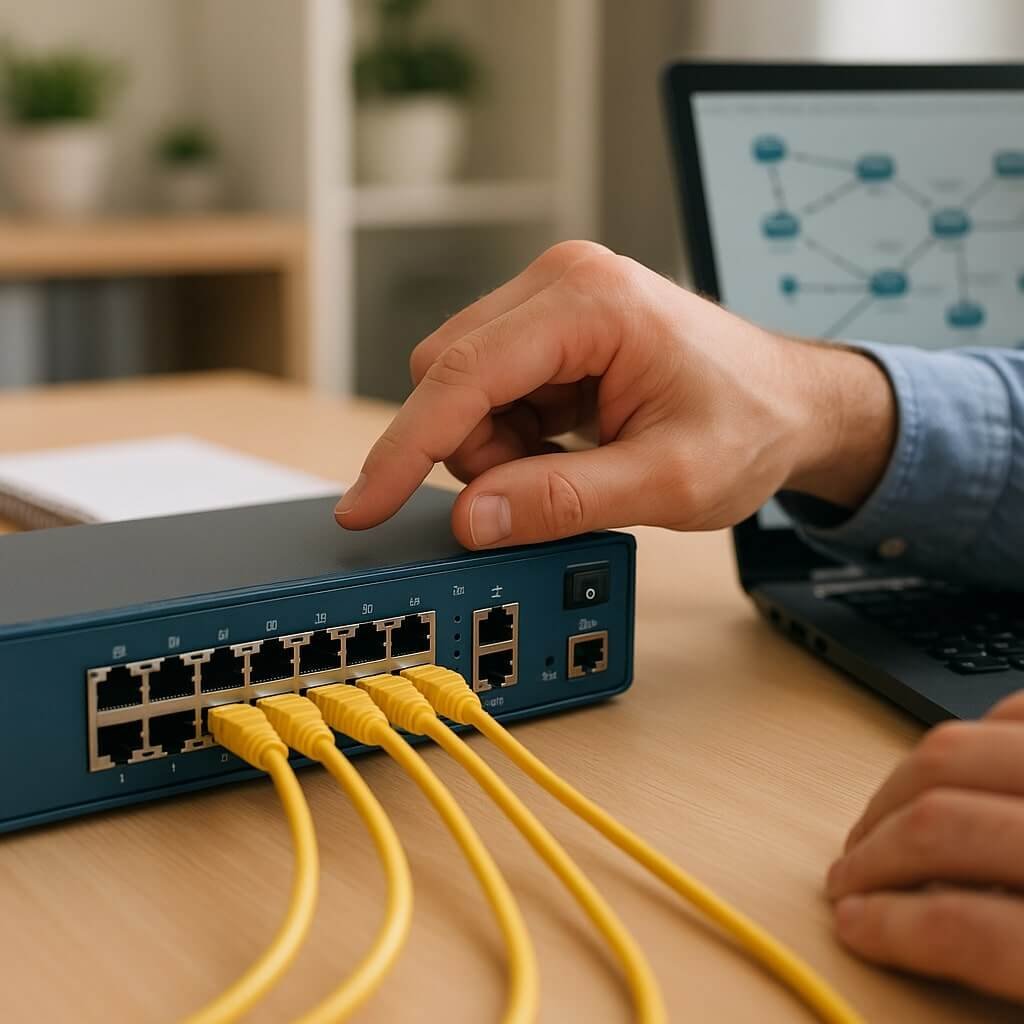In today’s fast-paced healthcare industry, medical billing software has become a vital tool to ensure financial stability and operational efficiency in private practices, clinics, and large-scale healthcare institutions. The complexities of insurance claims, regulatory compliance, and patient data security demand a robust, smart solution. This article explores how advanced medical billing software can secure your practice, boost revenue cycles, and maintain compliance—all while offering a seamless experience for your team and patients.
Why Medical Billing Software Is Essential for Modern Practices
Manual billing processes are error-prone, time-consuming, and increasingly incompatible with the regulatory demands of the healthcare sector. Advanced billing systems offer automation, accuracy, and compliance management that go far beyond traditional paper-based workflows or legacy digital systems.
Key Benefits:
- Minimized Billing Errors: Automated code validation and claim scrubbing reduce the chances of denials and rejections.
- Faster Reimbursements: Real-time claim tracking and electronic submissions speed up the revenue cycle.
- Data Security & HIPAA Compliance: Encryption, access controls, and audit trails ensure patient data stays protected.
- Integrated Reporting Tools: Dashboards and custom reports help practices analyse performance and optimise billing workflows.
Features to Look for in Advanced Medical Billing Software
When selecting a billing solution, it’s crucial to assess the feature set that aligns with your practice’s needs.
1. Claim Management Automation
- Automates coding (ICD-10, CPT)
- Pre-submission error checking
- EDI integration with insurance payers
2. Patient Billing Portals
- Secure and user-friendly interfaces
- Online payment capabilities
- Automated reminders and statements
3. Compliance and Security Tools
- End-to-end encryption
- Regular software updates for HIPAA compliance
- Role-based user access
4. Analytics & Performance Dashboards
- Real-time insights into collections, denial rates, and outstanding claims
- Customizable financial reporting
5. EHR/EMR Integration
- Seamless data exchange with electronic health records
- Reduced redundancy and improved documentation flow
How Medical Billing Software Enhances Practice Security
Data Encryption & Storage:
Top-tier medical billing systems use AES-256 encryption and secure cloud-based servers to protect sensitive data both at rest and in transit.
Access Controls:
Role-based access control ensures that only authorised personnel can view or edit specific patient and billing information.
Backup & Disaster Recovery:
Cloud-based solutions often include automatic backup and disaster recovery systems to maintain business continuity.
Audit Trails:
Comprehensive logs of all user activities enable tracking of changes, ensuring accountability and compliance with industry regulations.
ROI of Medical Billing Software for Healthcare Practices
Investing in billing software translates to tangible returns:
- 30–40% faster claims processing
- Reduction in billing errors by over 90%
- Improved patient satisfaction
- Fewer denied or rejected claims
These improvements help practices scale, retain revenue, and reduce operational overhead.
Choosing the Right Medical Billing Software: Evaluation Criteria
- Scalability: Can it grow with your practice?
- Vendor Support: Is training and technical support included?
- Customisation: Are there flexible settings to fit your specialty?
- Compliance Certifications: Is the software HIPAA, HITECH, and PCI-DSS certified?
Frequently Asked Questions (FAQs)
What types of practices benefit from medical billing software?
All types—from solo practitioners and specialty clinics to large hospitals—can benefit from improved claim management, security, and reporting.
How does billing software handle insurance denials?
Advanced systems include denial management features that identify root causes, automate resubmissions, and alert users about common issues.
Can billing software integrate with my EHR system?
Most modern billing solutions offer seamless integration with popular EHR/EMR platforms, streamlining workflows and reducing redundancy.
Is it safe to store billing data on the cloud?
Yes. Top solutions use encrypted cloud environments, firewalls, and multi-factor authentication to safeguard your data.
How long does it take to implement billing software?
Implementation time varies but usually ranges from a few days to a few weeks, depending on the system’s complexity and your practice size.
Final Thoughts
Securing your practice with advanced medical billing software is no longer optional—it’s a strategic necessity. By automating workflows, safeguarding data, and ensuring compliance, you not only protect your business but also create a more efficient and patient-friendly environment.
Whether you’re starting a new practice or upgrading your current system, choosing the right billing software will give you a critical edge in the competitive healthcare landscape. Start evaluating your options today and set the foundation for long-term success.






